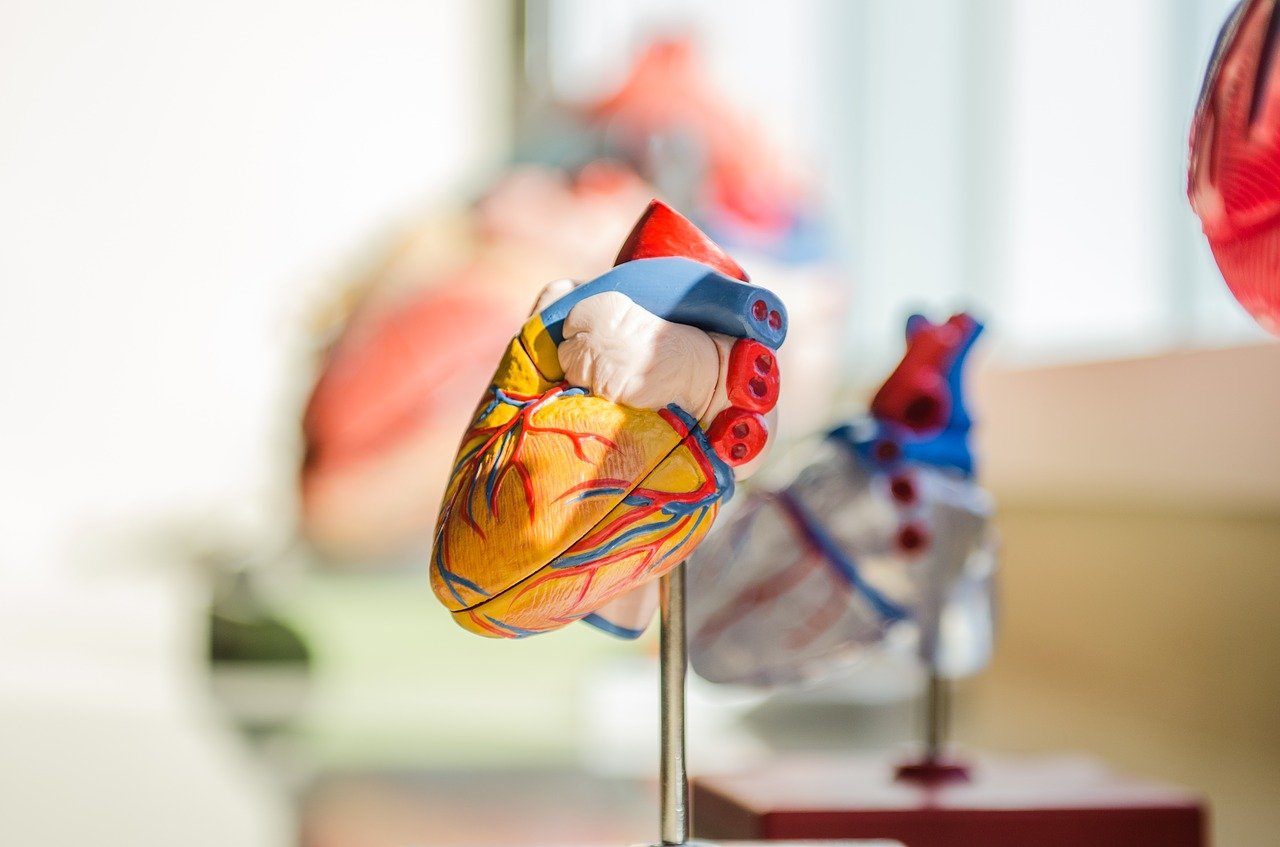预约演示
ACC: Study shows J&J's Abiomed pump reduces deaths after widowmaker heart attacks
2024-04-08
临床结果AHA会议

Preview
来源: FierceBiotech
Johnson & Johnson’s miniaturized pump maker Abiomed made a multibillion-dollar name for itself with devices designed to help take the load off of weakened cardiac muscles following a long, slow decline into heart failure—but, for years, the company has also been studying their use in patients that need support after a sudden heart attack.
This week, the company presented its first positive results from a randomized trial, showing increases in six-month survival rates among patients who suffered an acute myocardial infarction and cardiogenic shock.
Presented as a late-breaking clinical trial at the annual scientific session of the American College of Cardiology in Atlanta, and simultaneously published in the New England Journal of Medicine, the decade-long study followed 355 participants in the U.K., Denmark and Germany.
A group of patients that underwent additional treatment with Abiomed’s Impella CP catheter-based pump was compared to a control arm that only received the standard of care. Over 96% had percutaneous coronary interventions to reestablish blood flow to the heart muscle; the remainder were treated with an artery bypass graft procedure.
The latter group saw 103 of 176 patients die from any cause within six months, or 58.5%, while 82 of 179 patients died after receiving an Impella CP pump, or 45.8%. According to the company, that amounted to a statistically significant reduction in 180-day mortality of 12.7%.
Life-threatening cardiogenic shock occurs in about 10% of patients with a heart attack caused by a blocked coronary artery—also known as an ST-elevated myocardial infarction, or STEMI. Together they are linked to mortality rates between 40% and 50%, and often within 24 hours.
Three previous, smaller randomized studies in this patient group, cited in the NEJM paper—each enrolling between 15 and 48 patients, and comparing different Impella pump models to standard care, including with intra-aortic balloon pumps and external life support—had failed to establish clear signs of benefit.
In an accompanying NEJM editorial, Sunil Rao, director of interventional cardiology at NYU Langone Health, said the success in the latest results could be linked to either changes in the study’s design or the types of patients enrolled, as well as differences in the devices or any combination of those factors.
In one example, the previous studies included larger proportions of patients who received CPR, defibrillation or other resuscitation before receiving treatment, Rao said, while the most recent trial excluded patients who scored low on a coma scale. Therefore, the trial “included patients who had a greater chance at neurologic recovery and were more likely to benefit from mechanical circulatory support,” he said.
At the same time, increased reports of complications and adverse events were found in the Impella arm, though the paper’s authors said those risks did not necessarily outweigh the treatment’s benefits.
“What impresses me most is that the significant survival benefit with Impella, compared to the control arm, improves over time,” said Chuck Simonton, Abiomed’s chief medical officer. In the study, the total mortality rate in the Impella group remained largely flat after about 120 days but kept increasing in the control arm.
No device parts are being considered faulty, nor do they need to be returned to the manufacturer—the company and the agency have instead updated their warnings to surgeons to better underline the potential risks “due to operator handling,” according to the FDA.
更多内容,请访问原始网站
文中所述内容并不反映新药情报库及其所属公司任何意见及观点,如有版权侵扰或错误之处,请及时联系我们,我们会在24小时内配合处理。
靶点
-药物
-生物医药百科问答
全新生物医药AI Agent 覆盖科研全链路,让突破性发现快人一步
立即开始免费试用!
智慧芽新药情报库是智慧芽专为生命科学人士构建的基于AI的创新药情报平台,助您全方位提升您的研发与决策效率。
立即开始数据试用!
智慧芽新药库数据也通过智慧芽数据服务平台,以API或者数据包形式对外开放,助您更加充分利用智慧芽新药情报信息。





